Welcome to issue 84 of the Call to Comms!
This week, discover the story of Lyubov Pavlona, an elderly Ukrainian woman who was displaced when her home city was attacked more than two years ago. She’s living in a shelter for Internally Displaced People (IDP) in western Ukraine with members of her family, including her grand-daughter. She shares her story, and explains how the WiFi helps her and her family.
Lyubov’s Story
Can you tell us about yourself and your story?
My name is Lyubov Pavlovna. I am 72 years old. The war caught me in Borova Izyum District, Kharkiv Region. February 24, 2022 at five o'clock in the morning. The first missile hit our military unit in Borova. That's how we learned about the beginning of the war.
“We were leaving for 50 kilometers to contact relatives and friends.”
How was the situation?
The situation developed extremely quickly. The enemy was approaching Borova and occupied Borova on April 13, 2022. We remained under occupation. The occupation lasted six months until October 3, 2022. All these six months there was no connection. In order to call and share some news about yourself we were leaving for 50 kilometers to call, contact relatives and friends. The situation is extremely difficult. Occupation is a morally, psychologically, and physically extremely difficult condition for the entire population of our village.
When we were released, our armed forces allowed us to call. We were very grateful to them and are still grateful that they provided us with such a service. My granddaughter had just started the first grade. And we needed it, schooling was conducted online and we had to submit homework. We went to the military, asked if they could help us [with a connection] and we sent homework to the teacher.
When did you decide to leave?
On May 9, 2023, we left Borova because we were close to the front line. We contacted Ihor Zinovich, who is the director of a shelter for socially vulnerable people as well as for internally displaced persons. He said that he would be happy to receive us, so we went.
Of course, you cannot compare the situation in which we lived and the situation we got into. It's quiet here, we couldn't get enough sleep at first. And then, the fact that the child was able to study.
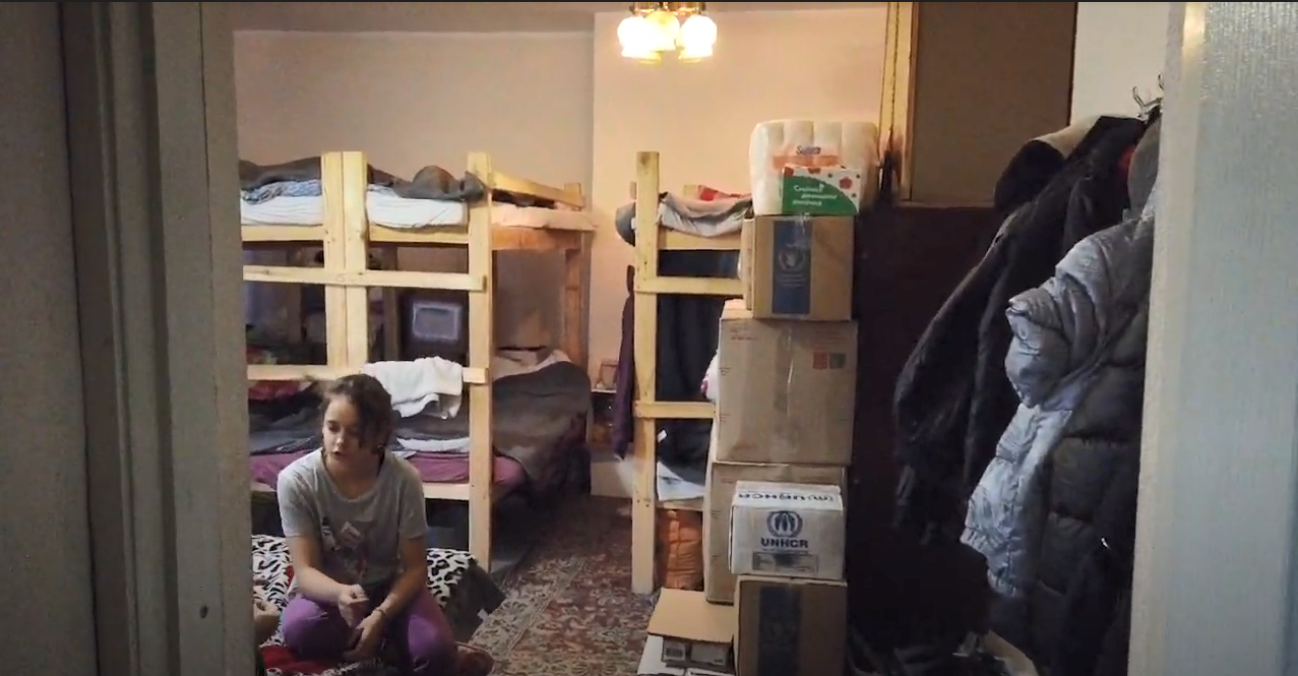
How was the Internet in the shelter when you arrived?
There was only mobile Internet, and there was no Wi-Fi. There was no optical Internet either. And it is somewhat complicated because we are in a forest area and there are probably obstacles for mobile Internet. These obstacles still exist. And education was not always of high quality.
“There was no Wi-Fi. We are in a forest area and there are probably obstacles for mobile Internet.”
And when, thanks to you, Ihor Zinovich brought us optical Internet here in the summer, we started using it and now we always have Wi-Fi. And now my granddaughter's education has improved a lot.
She uses it and now she has lessons. She communicates with a teacher who is in the Kharkiv region.
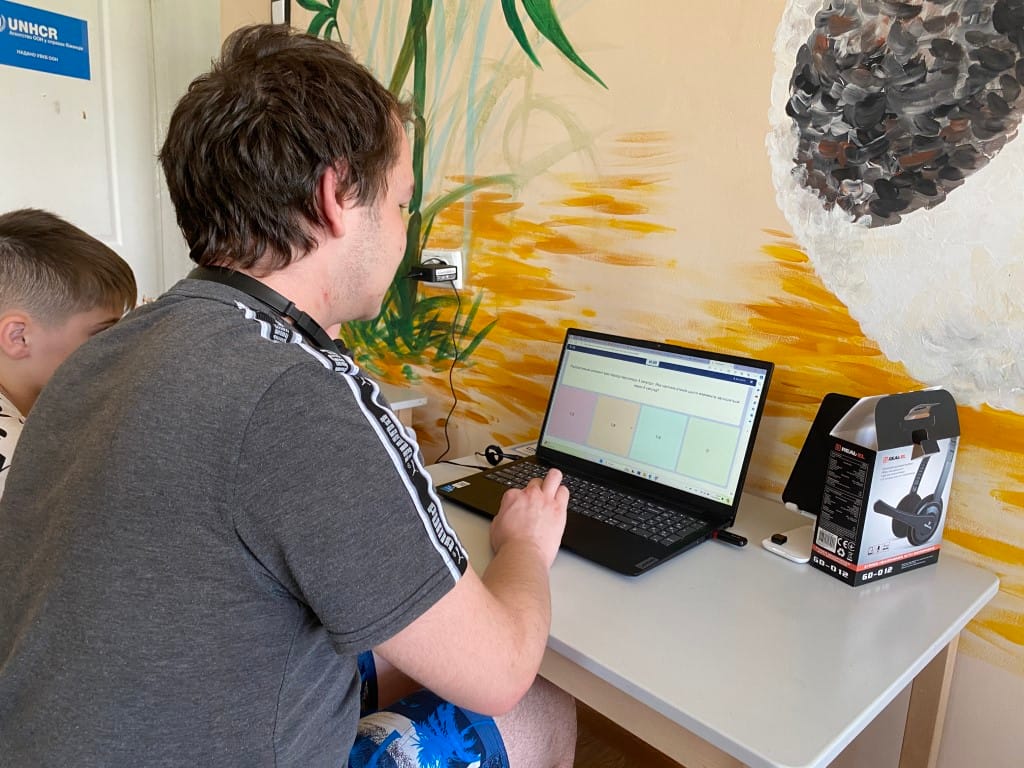
Of course, we want to keep our school in Borova. We hope that Borova will always be Ukraine. We hope we can return home, so that children can study in schools, as it was before the war.
The Internet, especially during wartime, gives people hope. Hope not only for communication, but also hope for improving one's life. After all, with the help of the Internet, you can order goods or medicines. You can use the banking system with the help of the Internet, and you can use Diia [The Diia app allows Ukrainian citizens to use digital documents on their smartphones instead of physical ones for identification and sharing purposes, with access to government services online.].
This is an achievement for us. This is very, very important for the people of our country. It improves our lives. Wi-Fi provides extremely large opportunities for learning. My grandson is studying at the university in Kyiv. They also have a mixed form of online and offline learning. It also means a lot to him.
We are very happy. I am transmitting from all the residents of our dormitory great gratitude!
“The Internet, especially during wartime, gives people hope.”
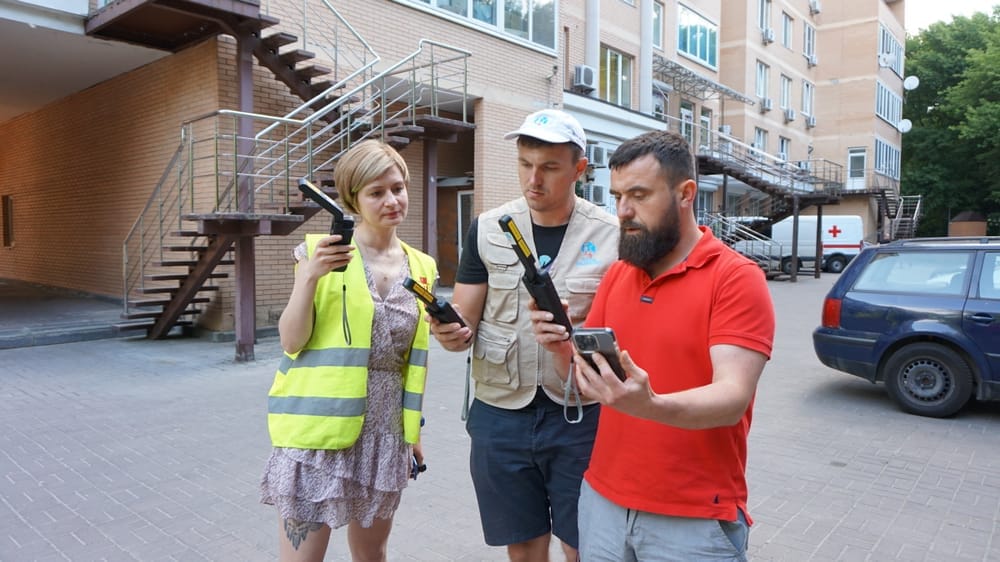
See you in two weeks!


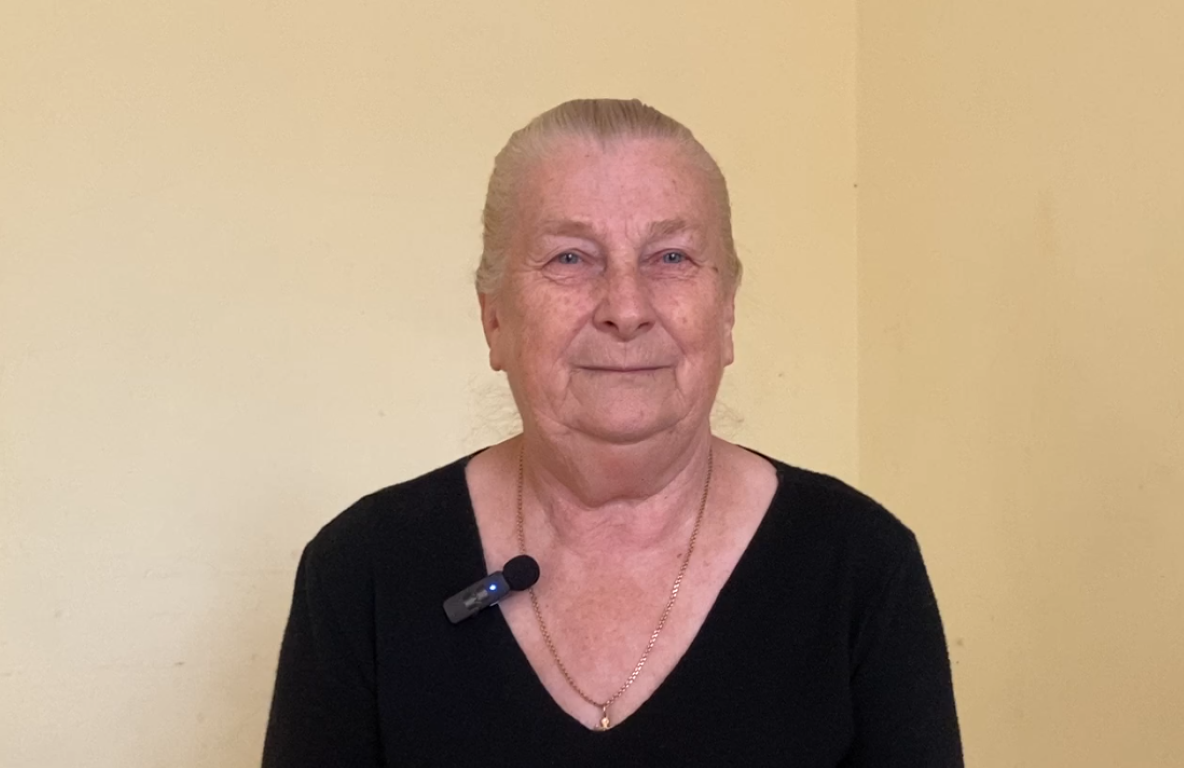



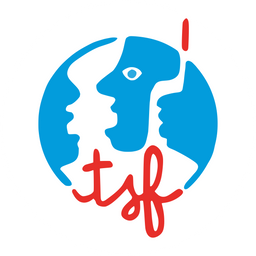
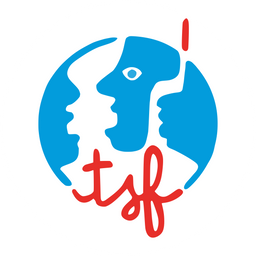
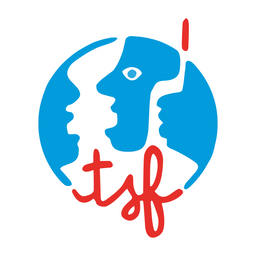
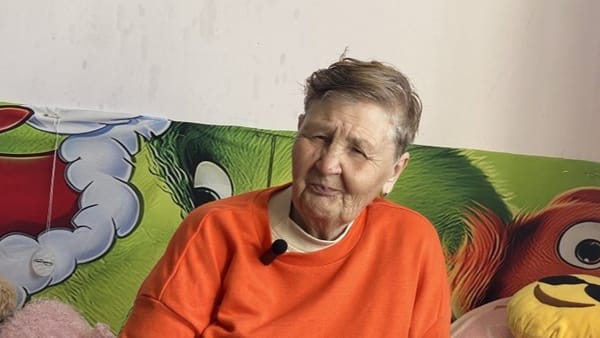
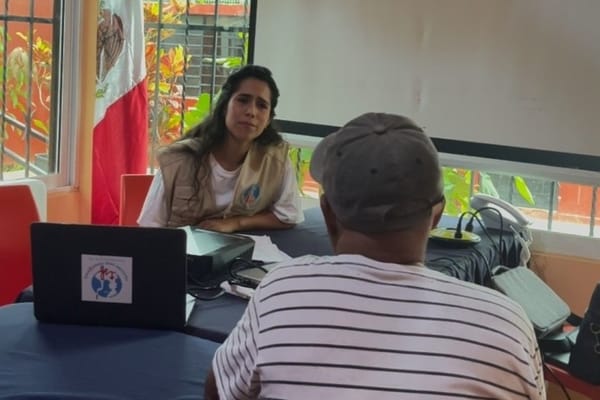

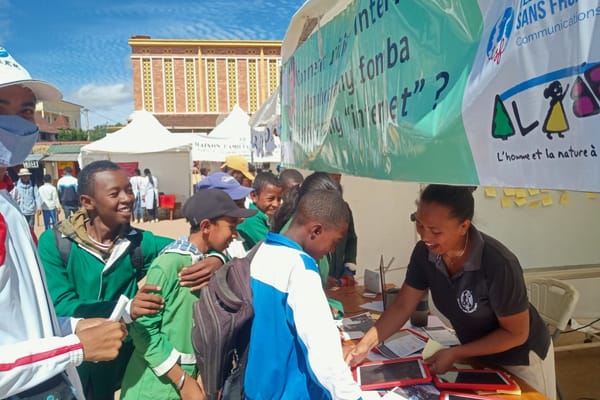
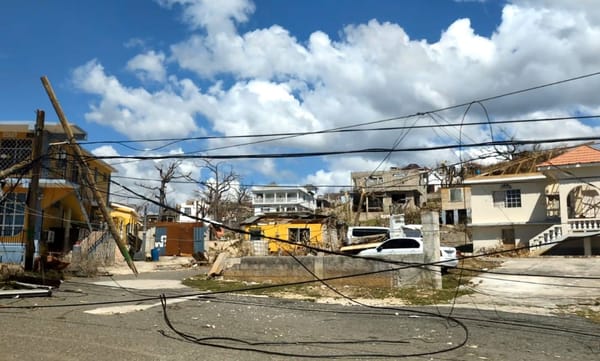
Member discussion